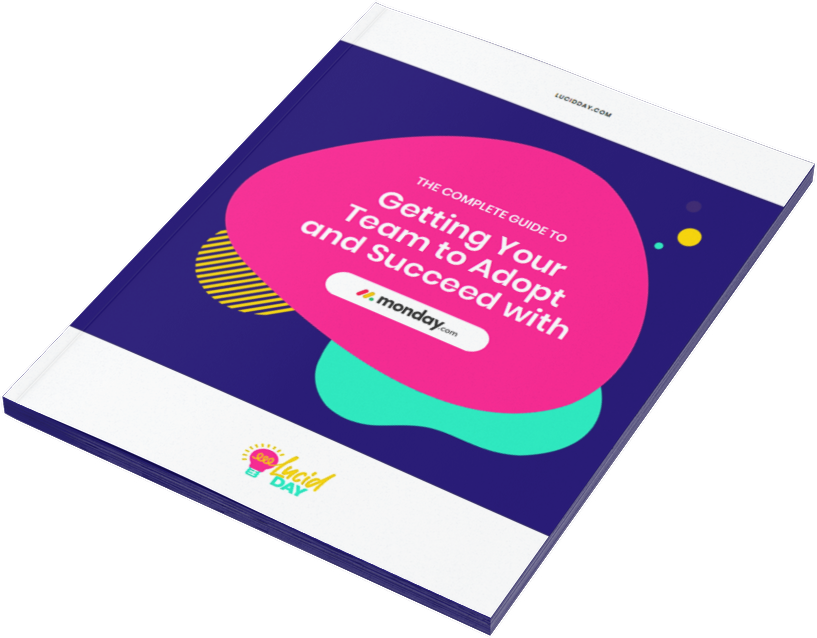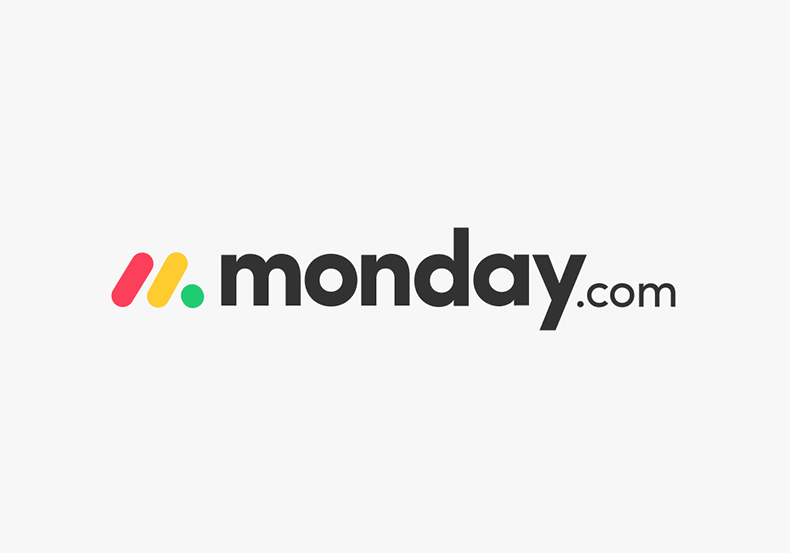The information project managers need from their team to increase monday.com adoption


Recent Posts:
monday.com updates for August 2022
Get the most of your monday.com system with our monthly updates, tips, and tricks. What a great month…
Three quick tips for better organization on monday.com
Here are three quick tips for getting better results with your monday.com boards. While some of these might…
CONNECT WITH US
Making the big list of negotiables and non-negotiables
As a project manager, your time is the most precious commodity you have. You cherish it, and you’re willing to give a shot to nearly anything that promises to free up your time – both for you and for your team. That’s probably why you started your monday.com trial, am I right?
The problem is that monday.com is like any other tool. It works best when you have a blueprint first. Sure, you can start hammering away, trying to build a house – but if you don’t consult with the blueprint things are going to get messy fast.
So how do you create a blueprint for your monday.com board? Well, by talking to your team to see what they actually need. That might sound simple, but it’s not as easy as just saying “What do you want to use your monday.com board for?” Because as most of us project managers know that question will either be met with silence or an unhelpful “nothing.”
That’s why we believe in setting up your system based on negotiables and non-negotiables.
Non-negotiables: These are pieces of information you absolutely need to run your business. It could be time tracking, it could be sales numbers. The point is, you need these numbers – and they’re non-negotiable.
Negotiables: These are a little trickier. Usually, it’s information you (or your team) want, but there’s a little more leeway on how that information is recorded and presented. Ultimately, negotiables are EXTREMELY important because they unlock the most important element for your board to succeed.
Negotiables are used to build trust, so your team will buy into the new system.
So how do you determine what’s negotiable, non-negotiable, and use that info to set up your board? We broke it down into three steps. Here’s the conversation that will help you build out that blueprint for a monday.com build that everyone on your team will use.
Step 1: What’s every piece of information you, as a project manager, MIGHT need for your monday.com board to capture?
First off, we’re going to have a brainstorming session. There are NO wrong answers. Think about every single piece of data that your organization tracks. That’s both internally and externally. These could be time-tracking for billable purposes, sales numbers, honestly any information that could be helpful.
How does your team communicate now? Do they use slack? Email? What sort of information is consistently being spread through those lines of communication. That’s exactly the sort of stuff you want to put on this list.
Related: Now technically this doesn’t fall into negotiables OR non-negotiables, but I’d also ask you to take note of how folks communicate. How do they ask for help? Do they ask right away or not until right before its due. How are you assigning tasks now? That’s one big way you’ll figure out what the pain points are for your team.
Step 2: Which of those things are absolutely paramount? These are your non-negotiables
So let’s pull out that big list. This is where we decide what’s a negotiable and a non-negotiable. Is there a specific way your business does a file versioning? Is there a specific way that they log hours or billable information? Those are great examples of non-negotiable pieces. They’re the things that have to absolutely be represented on your monday.com board, and there just isn’t a lot of wiggle room on it.
Now, these non-negotiables aren’t free. For them to be logged it requires something of your team. It requires that they have trust in you and your monday.com board so that you can ask them to stay accountable on those pieces. How do you do that? By looking at the negotiables. These help you build trust.
Step 3: Whatever is left are negotiables. (These are still important!)
So once you’ve winnowed down what’s a non-negotiable (be realistic! They can’t ALL be non-negotiable) then you’re left with the negotiables. This is where the communication piece is really important. You’ll be able to use these items to create a dialogue with your team to help understand how, when, and why they need that information. Once your team feels like you have their back and are building the board to support THEM, then you’ll see a change in how they use their board.
What does that look like? It looks like an engaged team, empowered with an efficient system that they’re bought into because you’ve invested the time and effort to make it about them. That’s the power of a well built monday.com board. Now you’ll be able to add widgets to make your life even easier!
This might sound like a big endeavor, but we promise that once you have this conversation, it’s going to make everything else run so much smoother. Oh, and want even more info on how to best utilize monday.com with your team? Check out monday.com’s own guide for project managers.
Don’t wait another day. Determine your non-negotiables and your negotiables!
Share:

Have more monday.com questions?
We’re here for you.
Lucid Day grew out of a passion for making work operations spark - for the individual, the team, and the business as a whole. We drive change in our customer’s business by focusing on what will drive effective teamwork. We establish intuitive, simple, and robust workflows in monday.com within an effective structure to drive. And we believe monday.com can provide that unleashing energy.
As small and mid-sized business owners and loyalists, we’ve experienced first-hand the power of monday.com to revolutionize the way we do business and want other SMBs to experience it too. No matter the size of your organization or your budget, we will find a way to help you get all you can out of monday.com.


